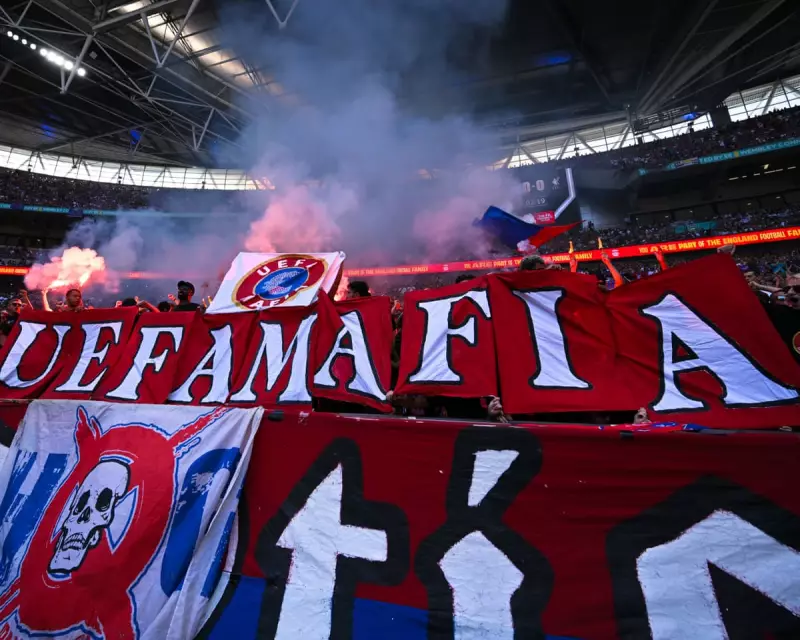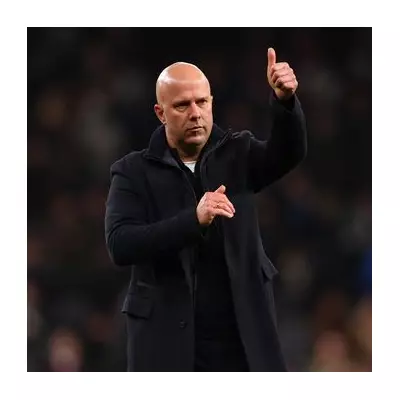
European football is facing a seismic governance crisis as UEFA initiates a sweeping crackdown on multi-club ownership, threatening the continental ambitions of several elite teams.
The Guardian can reveal that football's governing body has identified multiple clubs with conflicting ownership structures that potentially violate the integrity of its competitions, including the prestigious Champions League.
An Unprecedented Investigation
UEFA's Club Financial Control Body (CFCB) has undertaken what insiders describe as its most comprehensive investigation into multi-club investment. The probe focuses on club networks where owners hold 'decisive influence' over multiple teams that could potentially qualify for European tournaments.
This crackdown represents a significant escalation in UEFA's efforts to maintain competitive fairness. The rules are clear: no two clubs under the same ownership can compete in the same European competition, safeguarding against conflicts of interest and match manipulation.
The High-Profile Cases
While UEFA maintains confidentiality regarding specific clubs under scrutiny, several prominent ownership groups are known to have extensive multi-club portfolios:
- Red Bull: Controlling interests in RB Leipzig (Germany) and FC Salzburg (Austria)
- City Football Group: Majority stakes in Manchester City (England), Girona (Spain), and Troyes (France)
- RedBird Capital: Investments in AC Milan (Italy) and Toulouse (France)
The situation became particularly acute when Girona's remarkable qualification for the Champions League created a direct conflict with Manchester City, both under the City Football Group umbrella.
The Resolution and Ongoing Challenges
UEFA ultimately approved both Manchester City and Girona's participation in the 2024-25 Champions League after the clubs presented restructuring plans that supposedly demonstrated sufficient independence. However, this concession came with strict conditions and heightened scrutiny.
This temporary resolution hasn't satisfied all observers. Many within football governance argue that these structures fundamentally undermine competition integrity, regardless of technical compliance.
The Future of Football Ownership
This confrontation signals a new era of enforcement from European football's governing body. As multi-club ownership models proliferate—now involving over 180 clubs across Europe—UEFA faces increasing pressure to ensure these arrangements don't compromise the sport's competitive balance.
The coming months will prove crucial as UEFA navigates the complex intersection of modern football investment and traditional sporting integrity. The outcome of these investigations could redefine ownership rules for the entire European game.





